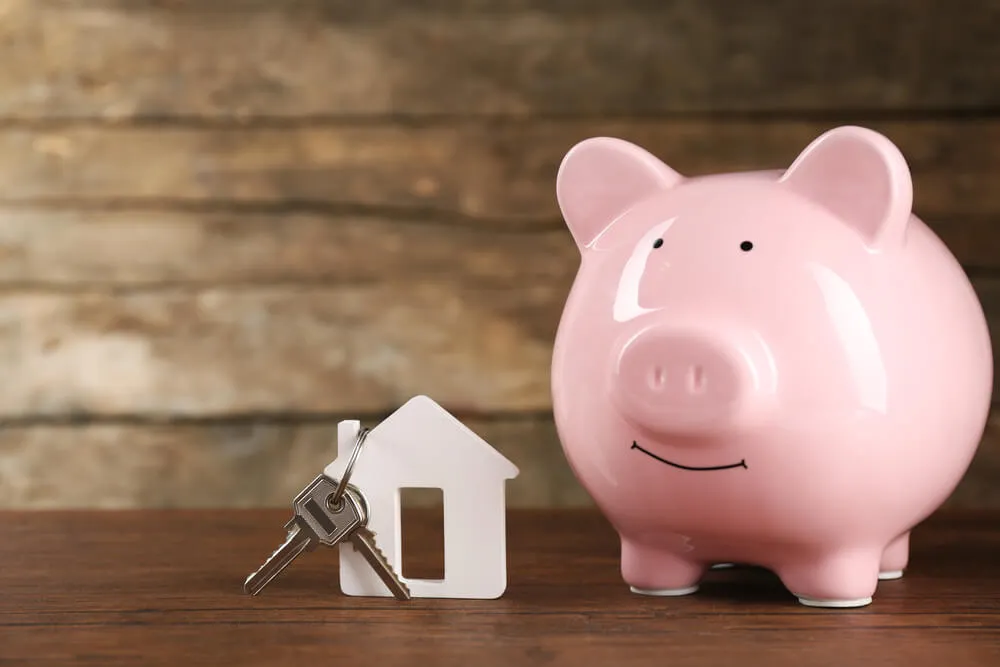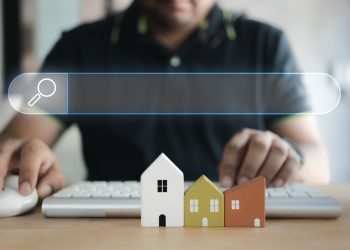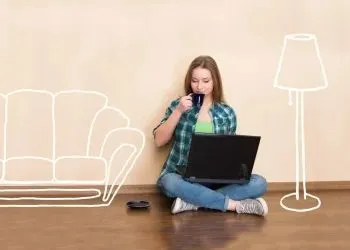Buying a home begins with saving a deposit – but how do you get off the starting blocks and begin your mortgage journey? Darren Polson helps a young first-time buyer looking for some pointers
The Question
I am 21 and graduated last year from university. I’ve just started my first job and I’m living at home with my parents. My Dad suggested recently it might be a good idea to start putting money away for my first home, but I don’t know how to start saving or where to put the money.
I earn £25,000 a year as a salary and usually have around £700 a month leftover after bills, subscriptions, clothes, food and going out. How much should I put into savings and what sort of account should I use to put my deposit? Any tips on how to put more away would also be gratefully received!
Darren’s Answer
Let’s take a look at some of the details and steps required in saving a deposit and owning your own home.
You’ve already got a good handle on your outgoings and it would be worth dedicating some more time to go over in detail what you’re spending and where. Focus on the essentials and identify areas where you could save for a deposit.
Once you know what you can afford to save, shop around for the best savings rates – this will make your money do the work for you.
Generally, you have instant access savings, ISAs, fixed term deposits and investment products.
The important thing is to look at any penalties to access your money and make sure you’re comfortable with the term of any fixed deposits.
You might want to have a chat with your bank and look at alternatives.
In preparation for being able to purchase your first home, have an introductory meeting with a mortgage broker who can explain the process in detail and outline the key milestones.
Before the appointment, think about the things you want to get from the conversation, this could include the following…
Find out much you can borrow – this will allow you to confidently view properties and know your budget
Understand any fees and costs – this will allow you to budget effectively for the full process such as broker, lender and legal fees
Ask about different interest rate options – term, rate, monthly repayments etc
Application process – understand the steps involved in the process and timelines
Additional support – does your broker work with a conveyancer who can help with the legal side for the purchase? Often this can be more cost effective for you
Protection – understand the costs and products involved in protecting your home
In terms of how big a deposit you might need, this will depend on the value of the property you’re looking to buy. Generally, there are deals for as little as a 5% deposit, but the rates will be higher than if you can save a 10% or 15% deposit.
There are different options for new build properties, often with incentives available to buyers.
Remember, your broker is there to help and there really is no such thing as a silly question. If you are unsure of the process or next steps, just ask.

Meet our expert…
Darren Polson is head of mortgage operations at Aberdein Considine. He has been writing a regular column for What Mortgage for over two years and is now here to answer YOUR questions.
If you have a question for Darren please email kate.saines@emap.com or leave a message in the comments below.














